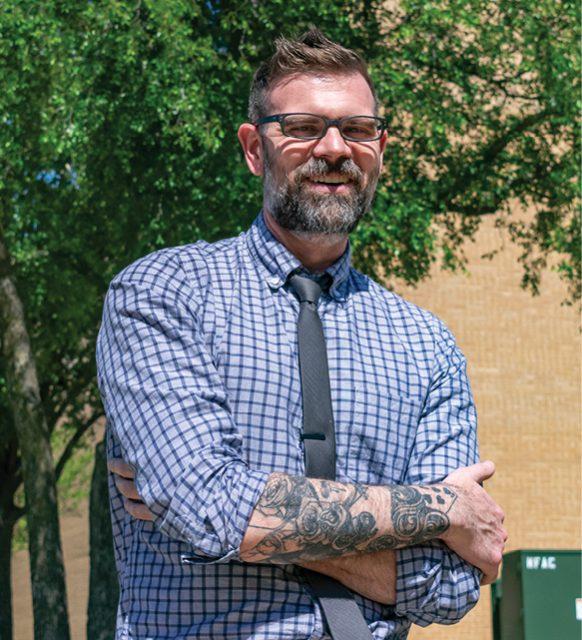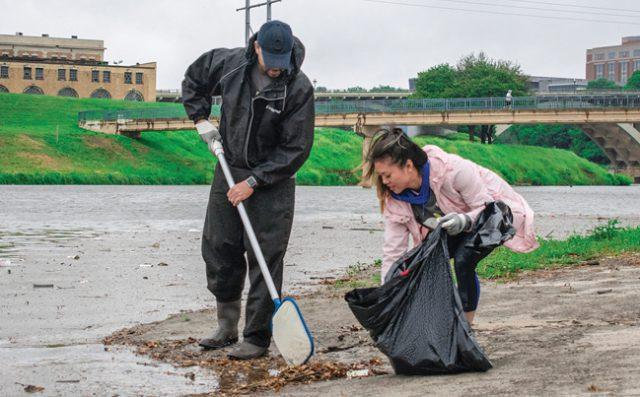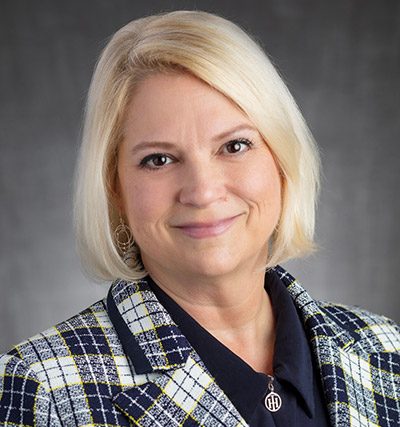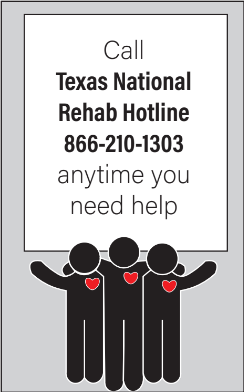By Jordan Reber/reporter
Not everyone expects their professor to be decked out in tattoos, but NE English professor Donovan Hufnagle and NE English instructor Richard Kingsley defy that expectation.
The national spending on tattoos is $1.65 billion and 36% of young adults in the U.S. have at least one tattoo, according to a 2018 study in the Drake Law Review.
“My tattoos don’t define me anymore than the shirt, or shoes I’m wearing defines me,” Kingsley said. “So, while all of those things say something about me [or] reveal something about my personality, to define is, I think, something different.”
Kingsley sees tattoos as any other attire someone could wear.
“I could be wrong, but I think they work as an advantage,” Hufnagle said. “Typically, students see my art as a symbol of acceptance and open-mindedness.”
Hufnagle wants his students to feel welcome while being able to see things from a different perspective. People have different opinions towards his art, but overall, it makes for a positive environment, he said.
“I am in a position that I don’t need to be concerned with my artwork,” Hufnagle said. “But, of course, not everyone has this opportunity.”
The Drake Law Review says society’s expectations of what employees should look like in the workplace are nothing new.
Rarely does an investment banker have tattoos on his or her temples.
But Kingsley is confident he made the right career choice that allows him to express his individuality.
“I’ve been lucky in that they have not been a problem,” he said. “I’d like to think that I’ve chosen a profession and institution that values individual differences, that includes philosophies, appearances and lifestyles.”
Stereotypes towards tattoos are a hasty generalization, Kingsley said, because they don’t personally know him.
“I would hope, though, that my appearance is second, third or suppressed completely to my intelligence, expertise and abilities,” Hufnagle said.
Hufnagle enjoys feeling that most wouldn’t guess he has several degrees and holds a doctorate.
Both Hufnagle and Kingsley had at least one parent who wasn’t initially accepting of their art.
“It wasn’t until he was 60 years old that he received his first tattoo, and probably the first time he accepted my tattoos,” Hufnagle said of his father.
For Kingsley though, his mother still isn’t as supportive of it as he hoped she would be.
“Tattoos hold up a mirror to the world, reflect back our history, our experience, our expression, our exhibition, our gods, our shadows, our scars,” Hufnagle said. “No other art shares its creation between the canvas and artist, where the canvas has voice.”

































